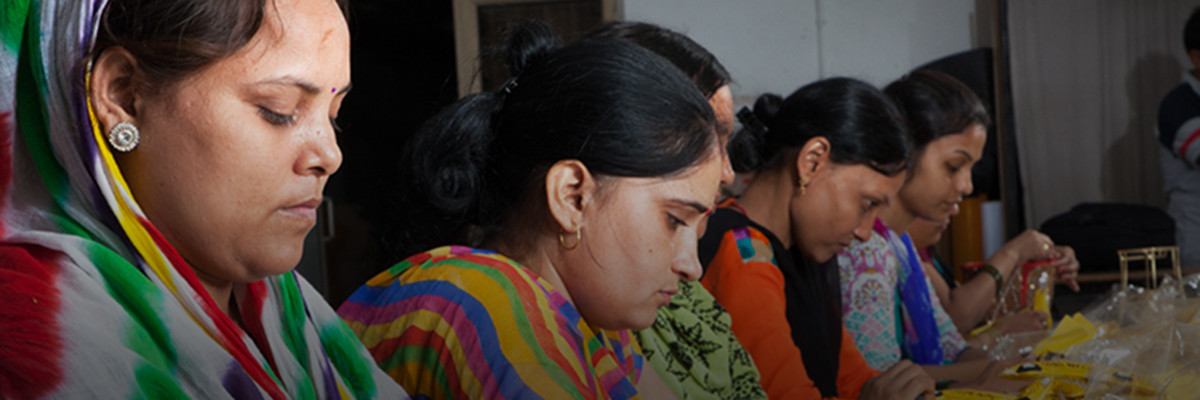
Authors
-
Aditi Mohapatra
Former Managing Director, BSR
-
Lauren Shields
Former Director, BSR
As Melinda Gates put it in a speech at the 2016 Women Deliver conference: “We can’t close the gender gap without first closing the data gap.” Throughout history, women have often been uncounted and therefore invisible, and increasingly, the international community is taking notice. Organizations, including the Bill & Melinda Gates Foundation, the OECD, UN Women, Women Deliver, and the World Bank, have publicly committed to accurate, gender-disaggregated data as a priority.
To help business do its part to promote stronger collection and use of gender data, BSR is proud to lead a major new initiative to develop a gender data framework for global supply chains. This framework will serve as a practical, credible guide, defining which gender indicators are needed to monitor corporate progress toward gender equality in supply chains and to guide future investments. BSR will partner with ISEAL Alliance, with inputs from the UN Global Compact and UN Women and support from the C&A Foundation, to develop the framework. Fair Wear Foundation will test the framework as a pro-bono partner.
Data is key to progress. It is an essential tool, both for decision-makers to design and measure impactful programs and for citizens to hold them accountable. More and better data makes issues count; it helps inform the policies, programming, and practices that drive impact.
For years, though, there has been a gap in gender data, which is data disaggregated by sex and specifically relevant to women and girls. Women and girls are sometimes missing from datasets, or their contributions and priorities, as well as the challenges they face, are not visible there. At a global level, only 21 percent of the data needed to monitor the 54 gender-specific indicators in the UN Sustainable Development Goals is up to date.
The gender data gap is similarly wide within businesses. The Workforce Disclosure Initiative—a coalition of 100 major investors promoting transparency from companies on how they manage workers—asked 35 leading companies to disclose data on working conditions across their businesses. Of these leading companies, only two disclosed demographic data on the women and men in their critical supply chains.
This absence of the most basic data has led to the development and implementation of policies and programs that do not account for the various barriers women face or the number of women who face them. These policies and programs therefore fail to deliver equally beneficial outcomes for men and women—or may at times deliver outcomes that are actively harmful to women.
With approximately 190 million women employed in global supply chain-related jobs, business has unique access to an enormous pool of data that can help shape and strengthen efforts to improve women’s lives.
Specifically, the private sector can leverage its influence and reach to highlight the ongoing unmet needs for women across supply chains, from modern contraception to equitable career opportunities. In this way, companies can put themselves at the heart of the drive for equal societies.
However, the proliferation of databases and guidelines can be complicated to navigate. For businesses in particular, there is no clear guidance on what data to gather and how to gather it. While this is bad for business today, it is also a huge opportunity to develop a clearer, fuller picture of the realities women face.
That is exactly what our new gender data framework will seek to do. We will develop and test it with our partners over the next two years.
We are looking for leading companies and experts to engage with us on the development of this framework and to pilot it in global supply chains. If you are interested in joining this ground-breaking initiative, please contact us to learn more.
BSR’s latest sustainability insights and events straight to your inbox.
Let’s talk about how BSR can help you to transform your business and achieve your sustainability goals.